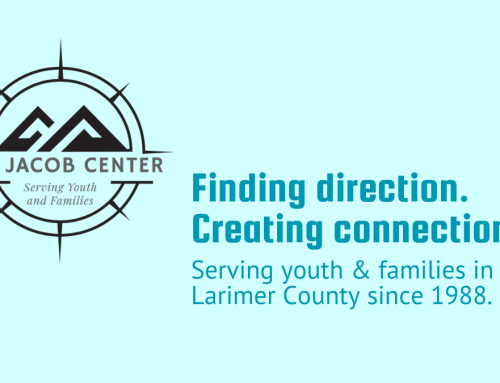What is PTSD?
Trauma is the body and brain’s response to an event or events.
Post Traumatic Stress Disorder (PTSD) used to be thought about strictly in terms of war veteran’s flashbacks and anger outbursts upon becoming a civilian again. While veterans do often develop symptoms of PTSD, so do many other people who have experienced a single highly stressful event that led to the body feeling overwhelmed and possibly life-threatened. Examples can include almost drowning in the ocean, a burglary, witnessing someone else being killed or assaulted…etc.
Complex Post Traumatic Stress Disorder (C-PTSD) describes long-term trauma. This typically begins in childhood and affects our body and brain’s ability to cope with other life stressors as we grow older; thus accumulating additional trauma in the body. Examples of C-PTSD can include cases of childhood abuse or neglect, traumatic grief such as when a child, spouse, or parent dies, organized or ritual abuse (such as human trafficking), domestic violence, long-term medical trauma…etc.
PTSD and C-PTSD can include anxiety symptoms, such as flashbacks, nightmares, unwanted thoughts/feelings, suicidal thoughts, negative thoughts about the self, difficulty trusting or remaining
close with others, depression, heightened startle response, anger, addiction or numbing behavior(s).
Recent research tells us that the gold standard for treating trauma are limbic system-based therapeutic interventions, such as Eye Movement Desensitization and Reprocessing (EMDR), various types of parts work, brainspotting, somatic experiencing…etc. While PTSD (single event, without a great deal of childhood/adult trauma history) can often be treated in a few EMDR or other sessions, C-PTSD often requires a great deal of stabilization, psychoeducation, attachment-based intervention to improve relationship dynamics, and a more complex therapeutic process to heal of the actual traumas that have occurred.
PTSD or C-PTSD can last days, weeks, years, decades, or a lifetime. This all depends upon the following and more:
1. The severity and length of time of the trauma(s).
2. The motivation and dedication a person has to heal.
3. Therapeutic and life-stabilizing resources: Can the individual afford EMDR or other trusted therapeutic models? How often can they do therapy and for how long per session? Do they have
stable housing? Can they utilize or build a support system to enhance positive resources in their life? Are any hobbies/positive activities present that the individual already has going on to
utilize?



